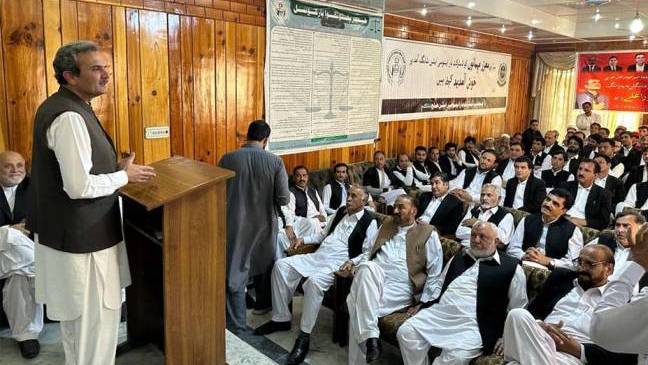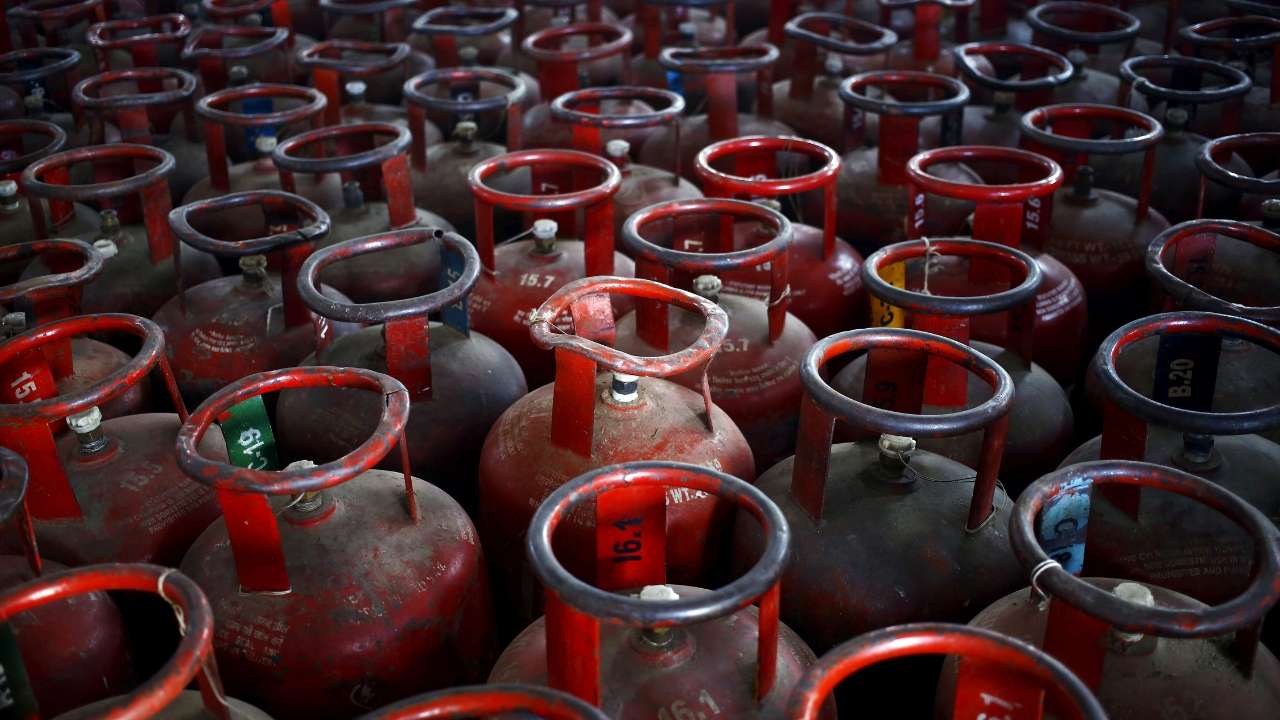Pakistan’s proposed tax relief for salaried individuals in the upcoming federal budget will require approval from the International Monetary Fund (IMF), officials revealed during a National Assembly Standing Committee on Finance meeting. FBR Chairman Rashid Mahmood Langrial confirmed that while tax rate reductions for salaried workers are under consideration, the final decision rests with the IMF mission arriving in mid-May.
Meanwhile, a key proposal requiring income source disclosures for property purchases exceeding Rs10 million has been postponed until the next fiscal year. The committee cited the need for technical upgrades to FBR’s digital systems before implementation. However, first-time homebuyers will be exempted if they can demonstrate assets worth 130% of the property value, shielding lower and middle-income groups from stringent restrictions.
The committee rejected demands from real estate developers to raise the exemption threshold to Rs50 million but approved shifting authority for setting property transaction limits from the FBR to the federal government.
Finance Minister Muhammad Aurangzeb, joining virtually, emphasized that no sector would receive new tax exemptions in the budget, though electricity tariff reductions are expected in July. He noted Pakistan’s improved macroeconomic indicators, including $14 billion in foreign reserves and a potential current account surplus.
Separately, the committee criticized government departments for failing to enforce the Rs37,000 minimum wage and expressed concerns over the privatization timeline of Zarai Taraqiati Bank. The dairy industry’s plea to reduce sales tax on milk from 18% to 5% was dismissed due to IMF constraints.
The budget, described as “tough” by the FBR chief, will prioritize revenue measures, with final tax policies contingent on IMF negotiations. A revised property disclosure bill is slated for inclusion in the 2025-26 budget after further refinements.
Also read: PTA Reminds International Travelers to Pay FBR Taxes for Mobile Device Registration under DIRBS






